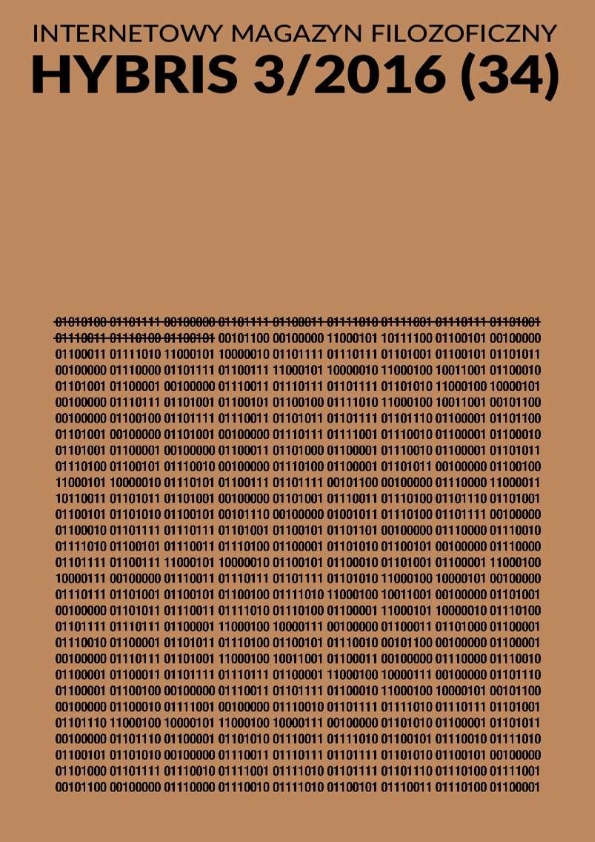BAKUNIN I FEUERBACH O NATURALIZMIE
BAKUNIN AND FEUERBACH ON NATURALISM
Author(s): Paul McLaughlinSubject(s): Ethics / Practical Philosophy, Political Philosophy, Social Philosophy, Philosophy of Religion
Published by: Wydawnictwo Uniwersytetu Łódzkiego
Summary/Abstract: In the article, Feuerbach’s naturalism is analyzed and compared with Bakunin’s thought. Unlike Bakunin, Feuerbach suggests a distinction between the natural and the human. He excludes human activity and thought from the natural realm, and implies that while man is the product of nature and is dependent on it, he is somehow distinct from it and merely enclosed by it. Thus, despite Feuerbach’s naturalism, a certain dualism persists — a dualism Bakunin was to reject. Feuerbach’s political ideas are essentially Hegelian, that is, statist, and Bakunin has nothing but contempt for such a position. Feuerbach uncovers the ground of religious authority and establishes, at least provisionally, the relation between religious authority — divine and ecclesiastical — and political authority. Bakunin would maintain, however, that Feuerbach — following Hegel — misunderstands or mystifies political authority in “rationalizing” it, and this mystification of political authority is something Bakunin deplores. This mystification occurs with the claim that the State exists over and above “the strictly political state” as “the actuality of the ethical Idea”, that is, as an ethical community, or as “the actuality of concrete freedom”. The notion that the political and the ethical are in any way related, that the State is anything other than political, or that the State is the domain of concrete freedom, is unacceptable to Bakunin. While Feuerbach’s achievement lies, therefore, in exposing the mystification of religious authority, Bakunin’s lies in exposing the mystification of political authority and, by extension, scientific authority. As such Bakunin’s thought represents the culmination of the Left Hegelian project. Among all the proponents of this project (such as Bruno Bauer, Ruge, and Marx) Bakunin was the only one to hold that just as the conclusion of the critique of theology is anti-theologistic, that is, naturalistic and atheistic, so the conclusion of the critique of politics is anti-political, that is, anarchistic. Bakunin is the sole Left Hegelian to bring the project to its logical conclusion.
Journal: Internetowy Magazyn Filozoficzny HYBRIS
- Issue Year: 2016
- Issue No: 34
- Page Range: 229-240
- Page Count: 12
- Language: Polish

